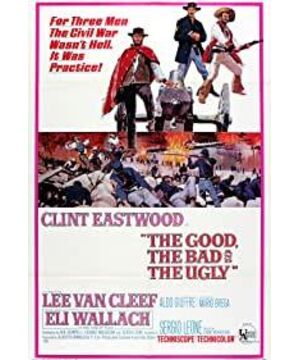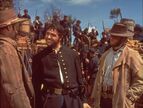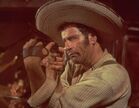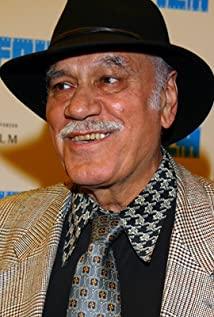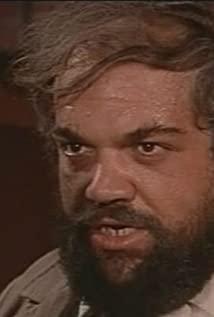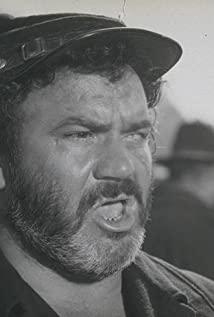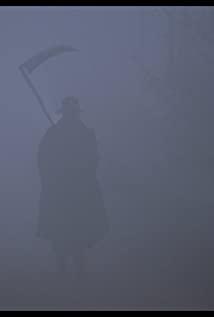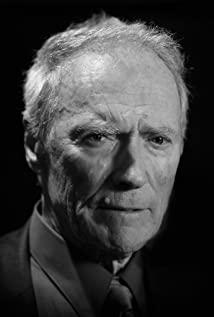Good people often have principles about the bright side of human nature. It may be Batman's "don't kill", Lyon's "don't kill women, don't kill children", Schindler's "save a person, save a world", and Andy "The strong save themselves, the saints cross people". In the film, the Good exterminates An Liang, rescues the wanted criminal the Ugly, and defrauds the bounty together with him (deception may not be the principle of being a good person, but the Ugly's deception is indeed aimed at the government-----who will be sure Is the government good too?), even having had enough of the Ugly's greed and shamelessness and his own insults, the Good still didn't kill him. There is also a scene where the Good finds a dying Confederate in a shelled house after the two have crossed the river. The Good covers him with the wind and lights him a cigar at the last moment of his life. Let him die with a smile. The soundtrack at this time is very infectious, and the image of the Good is sublimated to the extreme.
Bad guys often don't act according to principles, but just like the philosophical theory of "break into one", bad guys also have a principle because they have no principle. The saw in <
The Harlequin became a character that everyone hated, precisely because his principles were erratic. But the harlequin should be the most essential image of each of us-----at the beginning of human beings, sex is not inherently good. If you were born kind, would you still bite your mother's nipple, urinate on your father's body, and then wantonly destroy things in the house? We have evolved from savagery to civilization, and we know how to follow the principles of this society, because as long as we follow the principles of society, society will protect us. Of course there are people who don't believe in this principle, so they wantonly destroy the society. So each of us has evolved from a harlequin to a good person or a bad person.
I think the typical representative of the harlequin is the cowardly translator Urban in <
But I think "ugly" is the most original and purest color in human nature. It is described in civilization as the word "cowardly", which is one level lower than "shameless". - We are born without principles, we gradually adapt to the principles of others in our lives, so we have our own principles. This is how everyone differentiates from "ugly" to "good" or "bad".
In the lens, the Good, the Bad, and the Ugly are in the final fight. The Good uses psychological tactics to kill the Bad and capture the Ugly. - What a subtle irony that the good and the bad will eventually die, while the ugly can live until the end of the film.
The good, the bad and the ugly are the three particles in human nature. They exist forever in a space and derive different straight lines. However, these straight lines will always intersect, so the good, the bad, and the ugly confront each other at a specific time.
View more about The Good, the Bad and the Ugly reviews


